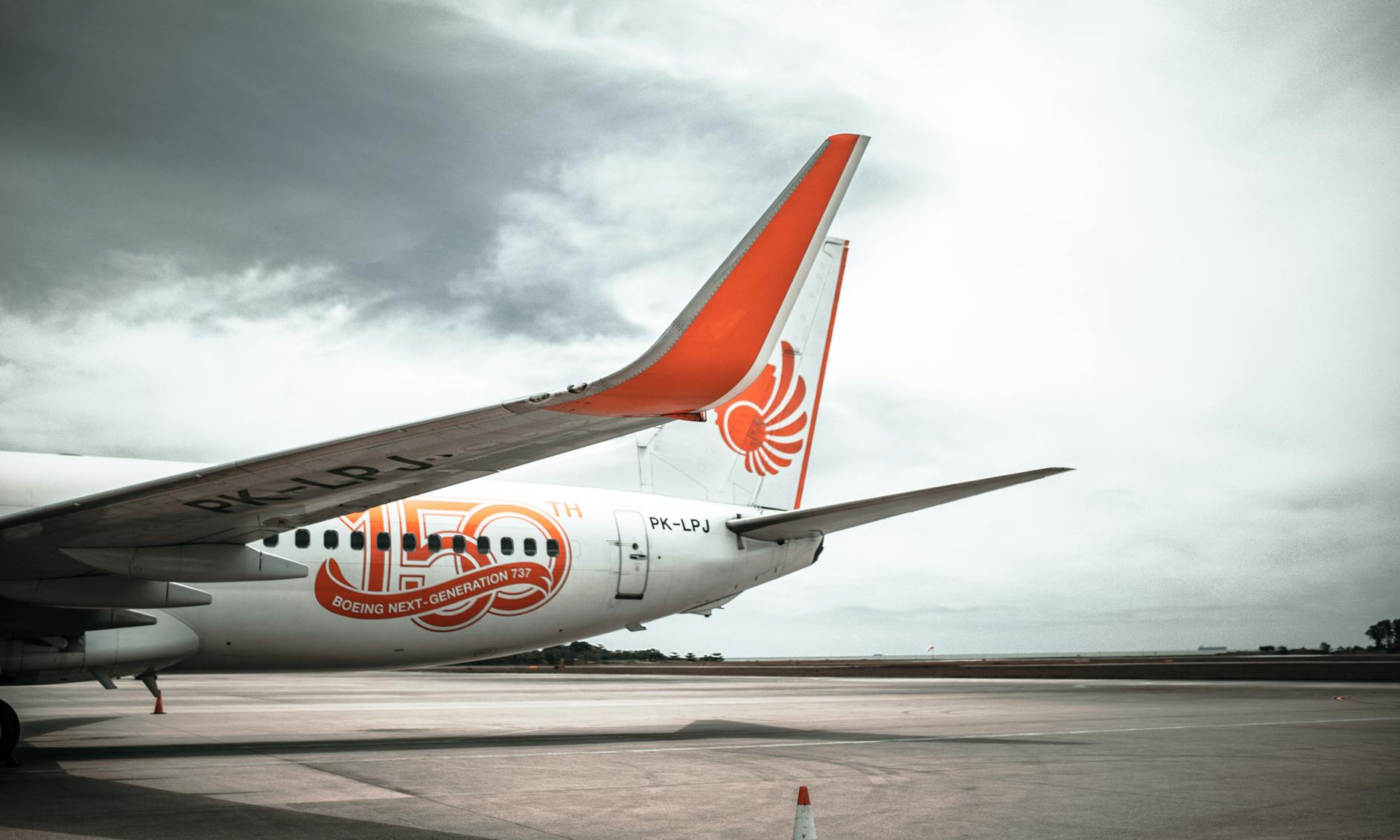A pivotal chapter in the contentious legal aftermath surrounding the tragic Boeing 737 Max incidents has taken an astonishing turn, leaving many questioning the pursuit of corporate justice. After years of intense scrutiny and heartbreaking revelations following two devastating crashes that claimed hundreds of lives, a high-profile criminal case against the aerospace giant has reportedly been set aside. This unexpected development, emerging from recent legal proceedings, has sparked considerable debate and cast a spotlight on the intricate balance between corporate responsibility and judicial outcomes.
The Shadow of Tragedy: Recalling the 737 Max Disasters
The memory of the devastating air disasters involving two Boeing 737 Max aircraft remains a profound scar on the aviation industry and a personal tragedy for countless families. These catastrophic events, which tragically led to the loss of 346 individuals, ignited a global outcry for accountability and rigorous safety oversight. In the wake of these incidents, significant investigations were launched, culminating in legal actions aimed at addressing alleged corporate culpability and ensuring such tragedies would never be repeated.
A Stunning Reversal: The Path to Case Dismissal
In a move that has resonated deeply within legal circles and among victim advocacy groups, reports indicate that judicial authorities have opted to close the books on the criminal proceedings against the prominent aircraft manufacturer. This decision, reportedly initiated by prosecutors, comes despite widespread public and legal apprehension regarding the thoroughness and implications of such an outcome. The move has inevitably fueled discussions about the extent of corporate liability in complex engineering failures and the mechanisms of justice for those affected by such large-scale incidents.
What This Means for Future Aviation Accountability
This latest development undoubtedly marks a significant moment for the aerospace sector, potentially shaping future approaches to corporate oversight and criminal prosecution in cases of design flaws or negligence. While some may view it as a resolution for the company, others perceive it as a troubling precedent for corporate accountability, particularly when such high human costs are involved. The long-term implications for global aviation safety standards and the pursuit of justice for victims’ families will undoubtedly remain a subject of intense scrutiny and public interest.
As the legal dust settles on one of aviation’s most scrutinised chapters, the decision to conclude the criminal proceedings against Boeing in connection with the 737 Max tragedies draws a complex line under a period of profound grief and intense legal battle. This outcome, while offering a form of closure for the company, leaves a lasting impression on the ongoing global conversation about corporate responsibility, safety, and the relentless pursuit of justice for all affected.

Leave a Reply